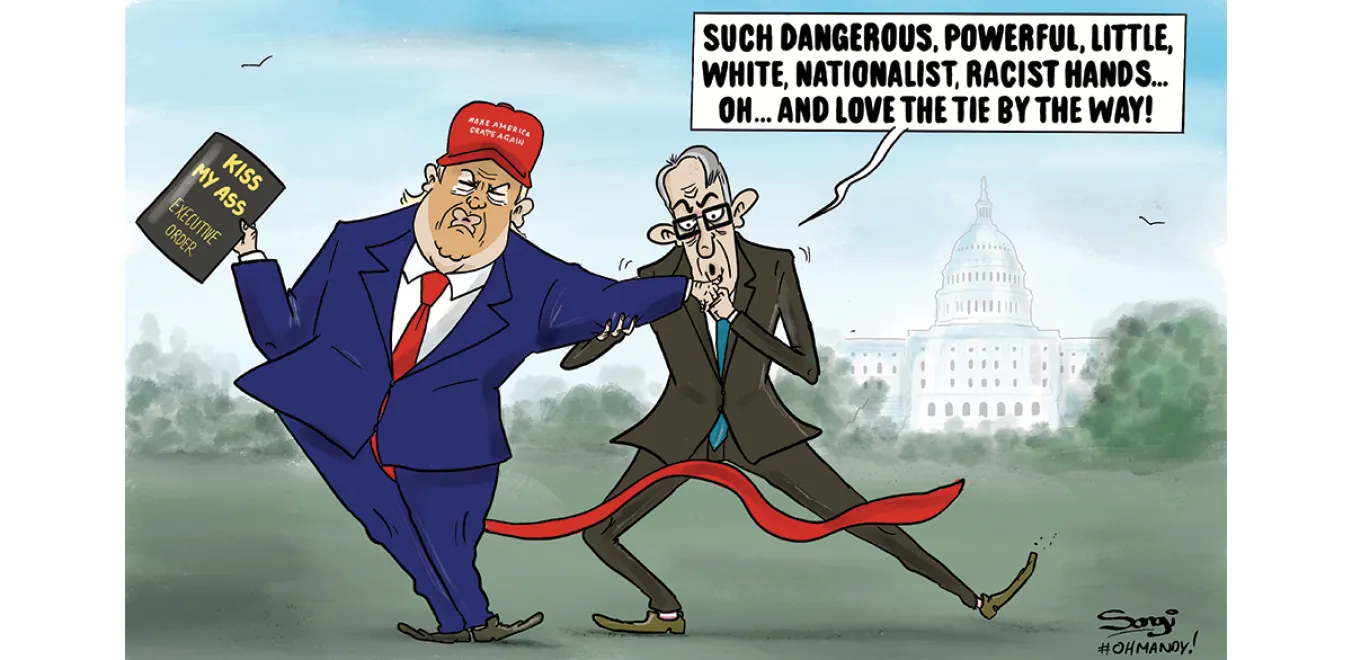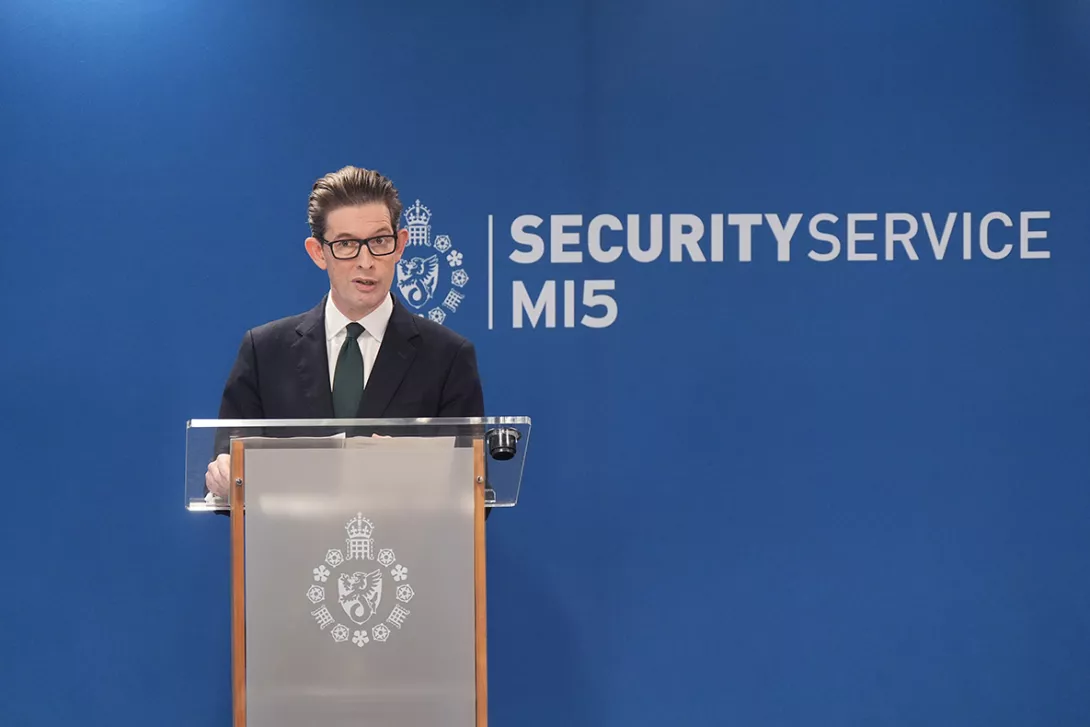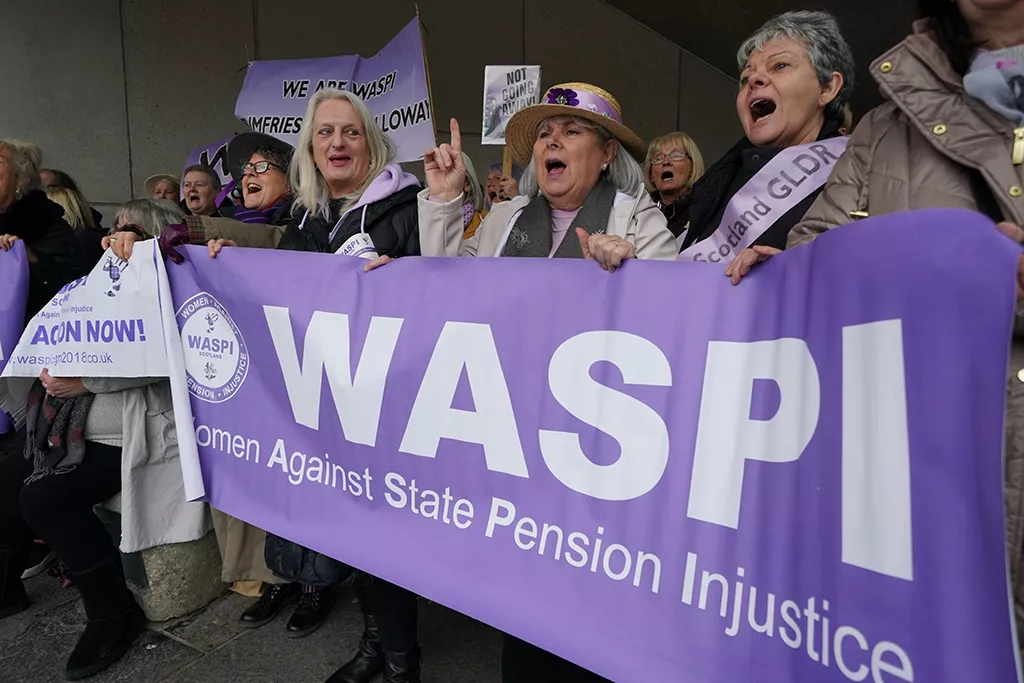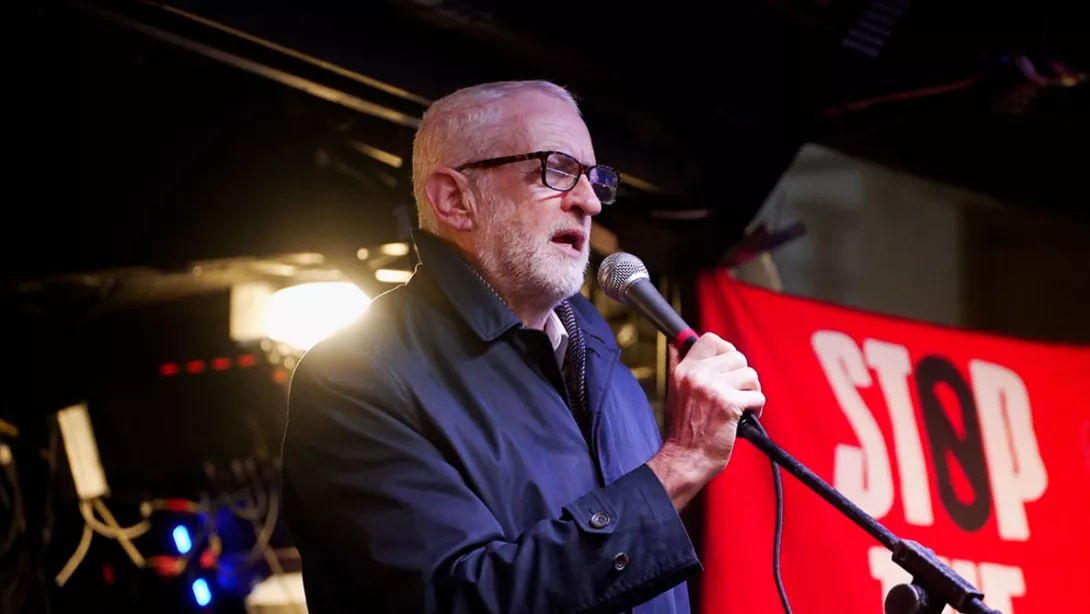
HAVE the Starmerites been rigging Labour parliamentary selection procedures?
In a sense, we already know the answer. The party’s right wing, securely ensconced in the leader’s office and the national executive alike, have moved heaven and earth to block the selection of socialists in any remotely winnable constituency.
The chosen means has generally been the crude but simple one of excluding such candidates from consideration by local parties lest they err by preferring them. For reasons ranging from the specious to the invented they have been blocked from longlists and shortlists, which have been whittled down to a choice of rightwingers acceptable to the leadership.
The fact that the candidates thus blocked include those who have contested the seat for Labour before, those with the backing of almost all affiliated unions and those with popular local campaigning records has counted for nothing with the Starmer clique.
The aim has been to produce a supine Parliamentary Labour Party full of clones who will give a do-nothing, semi-Thatcherite Starmer government no trouble at all.
Such a PLP would offer the additional attraction of being highly unlikely to nominate anyone remotely on the left for party leader when the time comes to replace Starmer. He has already raised the threshold to 20 per cent of Labour MPs to secure a place in the ballot.
So far, so bad. But increasing evidence is emerging that the party apparatus, or elements aligned with it, have been going still further.
The selection process in Croydon East constituency is being investigated by the police cyber-crimes unit amid allegations of large-scale improper changes in the party membership list and the fraudulent casting of postal votes.
Now two sitting Labour MPs, Beth Winter in Cynon Valley and Sam Tarry in Ilford South, have gone public with complaints that in their reselection contests rules were broken and votes may have been tampered with.
Both MPs are on the left of the party and both have been replaced by leadership-friendly candidates — in the case of Cynon Valley by another Labour MP in what is a redrawn constituency.
In all cases the focus of the complaints is the Anonyvoter online voting system used by the party to supplement votes cast in person at reselection meetings and postal votes.
Tarry has been blunt that the system “was used to deselect me, rigged to change the result against the wishes of my local Labour Party.” He has been trying unsuccessfully to resolve the problem behind the scenes, but is now threatening legal action.
Winter, like Tarry, led in terms of in-person votes, but was defeated when Anonyvoter’s online votes were factored in. She argues that continued use of the software discredits party selection procedures.
They are calling for an independent investigation, led by a King’s Counsel, into the concerns, a demand backed by campaign group Momentum.
And these cases may only be the tip of the iceberg. Independent journalist Michael Crick, who has been closely following candidate selections in all major parties, believes that many contests have been rigged and manipulated by local party officials.
All this testifies, of course, to the fear that Labour’s right wing have of their incapacity to win the argument, and hence selections, in the party fair and square.
It cries out for firm action by Labour’s affiliated unions. After the scandal of their candidates being arbitrarily excluded, they secured a right of appeal against such decisions going forward.
But too much damage has been done. It is time the factional right wing was called to account by the unions in the interests of Labour’s future as a democratic party.

















